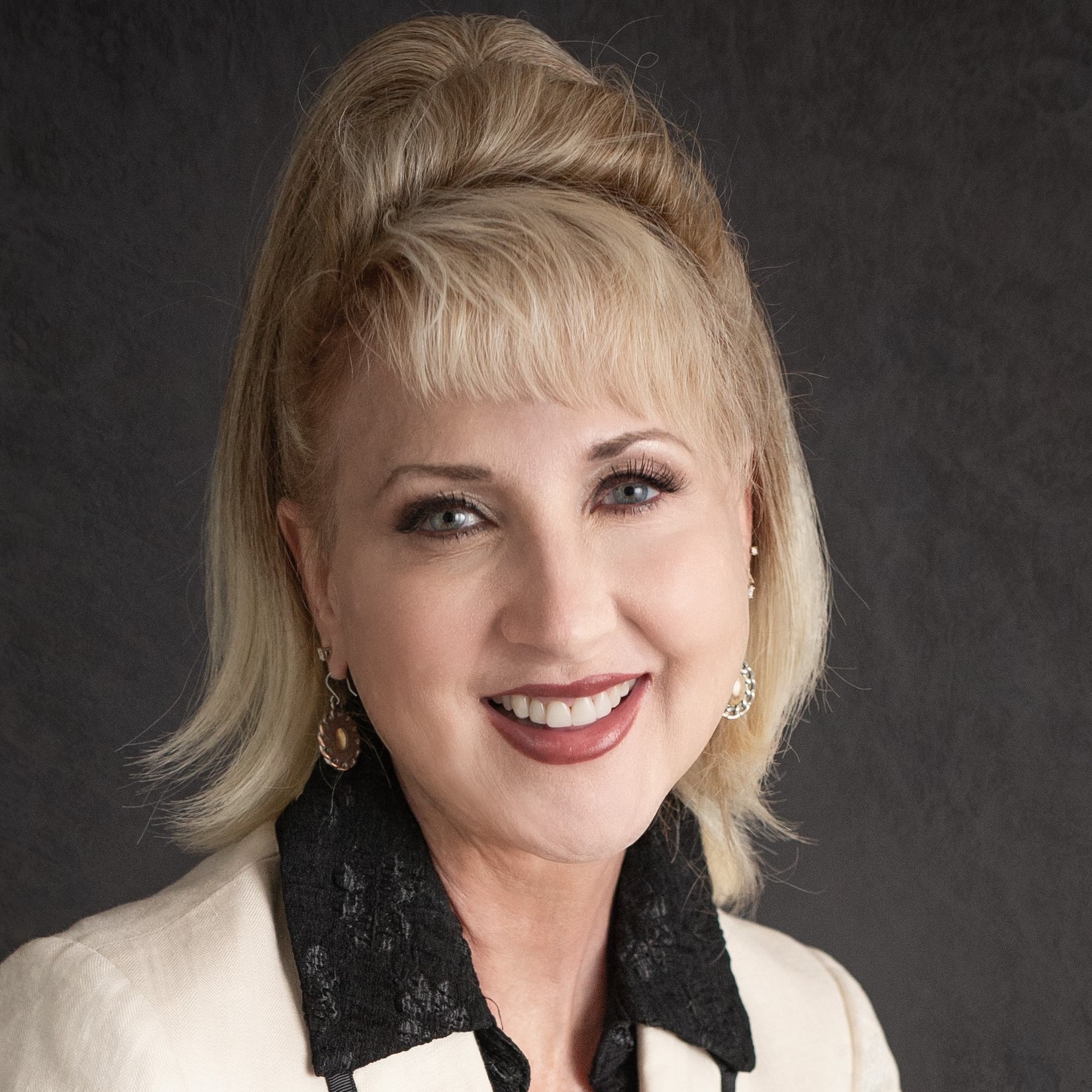Episodes

Monday Oct 23, 2023
How to Be Attractive
Monday Oct 23, 2023
Monday Oct 23, 2023
What does it take to be attractive? Often we think of characteristics that are beyond our control or measures that require lots of time and money. Some changes would even require compromises to a person’s value system. Is attractiveness something that most of us are doomed to miss, or that we can have only briefly before age takes it away from us? Today Cinthia explains that attractiveness can be defined as “pleasing or appealing to the senses,” a definition that is far more within-reach than we might think. It doesn’t require looking like a model, being wealthy, or compromising one’s value system. Instead, it is about the experience people have when they interact with you. Some of the traits are physical; cleanliness, for example, is more likely to please the senses of another person than poor hygiene. But even our physical characteristics are often made more or less attractive by things like our facial expressions, manners, and other ways of presenting ourselves. So how do we make ourselves attractive?
We start by observing what we are currently attracting. What types of people tend to be in your life? What are you attracting, and what information does this give you about the way you may be presenting yourself in the world? If you want to attract something different than what you have been attracting, what changes might you need to make?
We continue by considering the experience others have when they are around us or when they have us in their lives. This is not about trying to figure out someone else’s ideal and match it; it’s simply about self-awareness regarding the way our choices impact those around us. What is it like to be around you, to have a conversation with you, to build a life with you, to have you for a friend? Are you generally friendly, angry, bitter, dismissive, genuine, loving, confident, needy? Are you kind, gentle, willing to do what needs to be done? Are you courteous, brave, patient? Do you try to disappear? What is the “aroma” that your way of handling yourself and treating others tends to leave in a room? Are your comments caustic, life-giving, sarcastic, insightful, unnecessary, unheard? What is the experience of being around you like for others?
Some of becoming attractive does have to do with the way we care for ourselves physically, though it does not require physical perfection or obsession with wrinkles or the number on a scale. For example, if one’s physical appearance indicates a lack of respect for self or others of others (e.g., poor personal hygiene, generally neglecting one’s health and/or grooming, etc.), that person’s appearance will be less appealing to others – not because it fails to achieve the cultural idea but because it fails to signal respect. Similarly, physical perfection that seems almost mask-like can be off-putting even while it is intriguing. Our outer selves can reflect our inner selves in ways that are appealing or unappealing. Have you ever been drawn to someone’s face because of the kindness in it? The confidence? The humor? We tend to think everyone sees us as we see ourselves, feels what we feel, and knows what we know. But other people are often more concerned with their own internal experiences than they are with ours, and they only have the information about us that we give them. So, if we want others to find themselves drawn to us, we should treat our bodies respectfully. Beyond that, someone who wants to be recognized as a professional may need to dress professionally. Someone who wants others to feel safe around them may need to avoid styles that others find shocking, frightening, or repulsive. A style or look can say, “Pay attention to me,” “Stay away from me,” “Protect me,” or, “Don’t bother me.” How do you feel about yourself and the world, and does the way you prepare yourself for the day reflect this? Whether we like it or not, our looks can be an unnecessary barrier to others; don’t cultivate a look that others cannot get past. Are you willing to put in the work to make your outside match your inside? Are you using your physical appearance to hide who you are by discouraging people from getting to know you? Remember, also, that the way you dress will affect your own cognitive functioning (as studies have shown) and mood. Honor yourself and those with whom you associate by caring for your appearance in a healthy, appropriate way.
What about attraction in marriage – what if you are not attracted to your spouse, or your spouse is not attracted to you? Attraction can be lost, gained, and altered. It may not be healthy to try to be someone you are not in order to match your spouse’s ideal, but neither is it healthy to expect your spouse to “get over” having to deal with your vulgarity, selfishness, immaturity, or disrespect. What is it like to be married to you? What experiences do you and your spouse give to each other?
Attraction is also impacted by what it is like to be associated with someone; we reflect on one another. This does not mean that we should control one another as a form of image management, but it does mean that we do not display ridiculous, insensitive behavior and then expect those close to us not to feel embarrassed by it. Those who join together do, in some ways, represent each other. So read the room. Do not make jokes that others find hurtful or consistently irritating. Pay some attention to whether an affair is black-tie or casual. You do not have to impress everyone positively, but enjoying impressing them negatively can be hard on the people who associate themselves with you. Remember, too, that you represent yourself and that, if you belong to God, you represent Him.
Humans are so complicated. Attraction can be very complex. It’s really a mystery. It’s a feeling, a sense, a feeling in your body of relaxing around that person or looking forward to being around them. Some qualities are always attractive to humans, while others like disrespect, vulgarity, immaturity, selfishness, etc., are pretty consistently unattractive. Interaction produces feelings in other people. Selfishness is like arsenic for all relationships. We need to be aware of what bugs the people to whom we are close. It’s not about popularity, focusing on being liked, etc. We don’t need to pressure ourselves to present a perfect image. Instead of thinking you have to watch every detail, think about the overall responses you are getting from people. Are you being honest with yourself and others in what you communicate through your dress, behavior, etc.?
A happy disposition can also be attractive, and, while we don’t necessarily want to fake being happy or ignore our other real feelings, there are ways to increase our own general happiness. Cinthia reviewed a list of things we can give up in order to increase personal happiness and, thereby, attractiveness:
-the need to change someone else so you can be right
-the need to control
-blaming others (Cinthia shared the saying, “A man can fail many times, but he isn’t a failure until he begins to blame someone else.)
-self-defeating self-talk (The mind is a superb instrument when used rightly.)
-false beliefs (referring not so much to ideas held by the mind but to those ideas that hold the mind)
-complaining (Christian D Lawrence noted that we can complain that roses have thorns or be grateful that thorns have roses.)
-trying to get others to make you feel what you want to feel
-the need to impress others (Let them have the fun of impressing you! Remember, adults go into situations with their egos in check and do not need to be the best at everything.)
-resistance to change (Not all change is positive, but be aware of why you are resisting a particular change.)
-labels (These are often limiting, so be really careful about assumptions.)
Remember, attractiveness is not only about appearance. Be yourself, but be a version of yourself that honors who you are and the impact you have on those around you.

